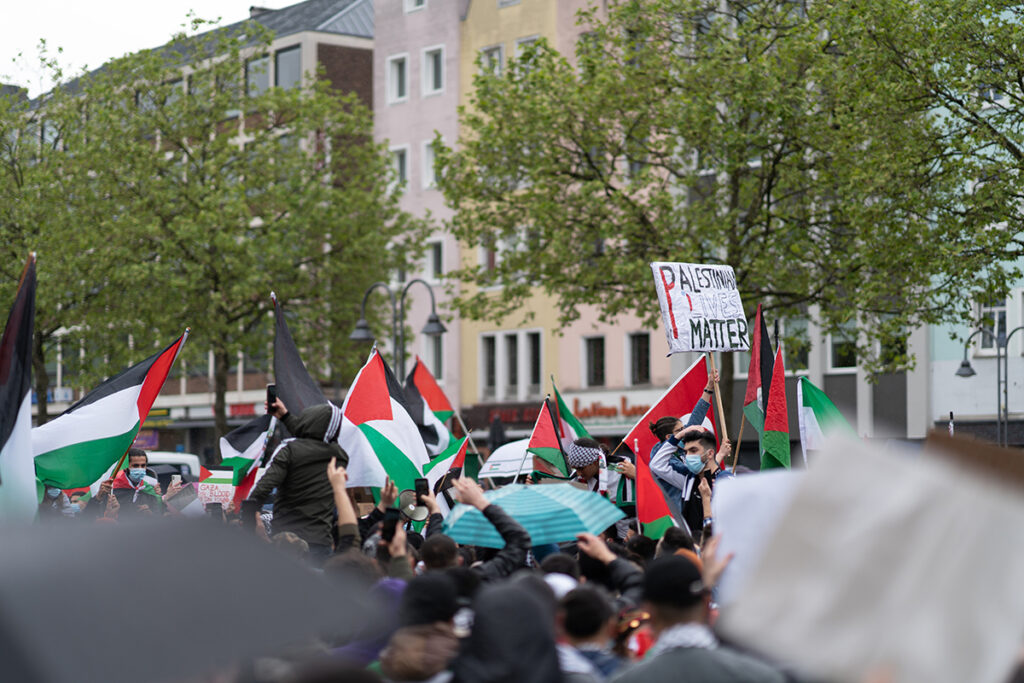The International Court of Justice, the primary judicial arm of the United Nations, has issued a significant ruling in relation to Israel’s military operations in Gaza. While the court has not explicitly ordered an immediate cease-fire, it has imposed several provisional measures aimed at safeguarding the Palestinian population and preventing any acts of genocide during the ongoing conflict.
South Africa, in a case that underscores one of the world’s most enduring conflicts, had alleged that Israel’s actions in Gaza amounted to genocide and had urged the court to halt the operation. While the court’s decision is not a complete victory for South Africa, it does represent a notable reprimand of Israel’s conduct during the conflict and increases international pressure to put an end to the offensive.
In a ruling issued by a panel of 17 judges, the International Court of Justice has instructed Israel to implement six provisional measures designed to protect the rights and well-being of Palestinians in Gaza. The majority of judges endorsed these measures, although one Israeli judge supported only two of the six.
These provisional measures, while falling short of a cease-fire, include the following:
- Israel must take all necessary steps to prevent any acts of genocide in Gaza, refraining from actions that could harm or endanger Palestinian lives.
- Provide immediate and essential humanitarian aid to the people of Gaza, addressing their urgent needs.
- Prevent and penalize any instances of incitement to genocide.
- Submit a detailed report outlining the measures taken within a month.
While these provisional measures hold legal weight, it remains uncertain whether Israel will comply with them. Following the court’s decision, Israeli Prime Minister Benjamin Netanyahu criticized the court’s willingness to address the genocide allegations and vowed to continue the conflict, asserting Israel’s right to self-defense.
It’s important to note that this ruling serves as an interim step, and a full examination of the genocide allegations made by South Africa may take several years to complete. Throughout this legal process, South Africa had urgently sought the imposition of these provisional measures, which included the suspension of Israel’s military operations in Gaza and the prevention of any acts of genocide.
The outcome of this case carries significant implications beyond the courtroom, particularly regarding how the United States, a staunch ally of Israel, responds to the court’s directives. The United States holds veto power within the United Nations Security Council and could potentially block measures intended to compel Israel’s compliance.
The accusation of genocide against Israel is a deeply sensitive issue, touching upon the nation’s identity as a Jewish state founded in the aftermath of the Holocaust. Concurrently, South Africa’s history under apartheid has played a role in bringing this case forward, with comparisons drawn between Israel’s policies in Gaza and the West Bank and the apartheid era of South Africa, which ended in 1994.
As the conflict in Gaza persists, the world is closely monitoring how Israel and the international community respond to the provisional measures set forth by the International Court of Justice. Meanwhile, the broader issue of the genocide allegation awaits a comprehensive legal examination.


